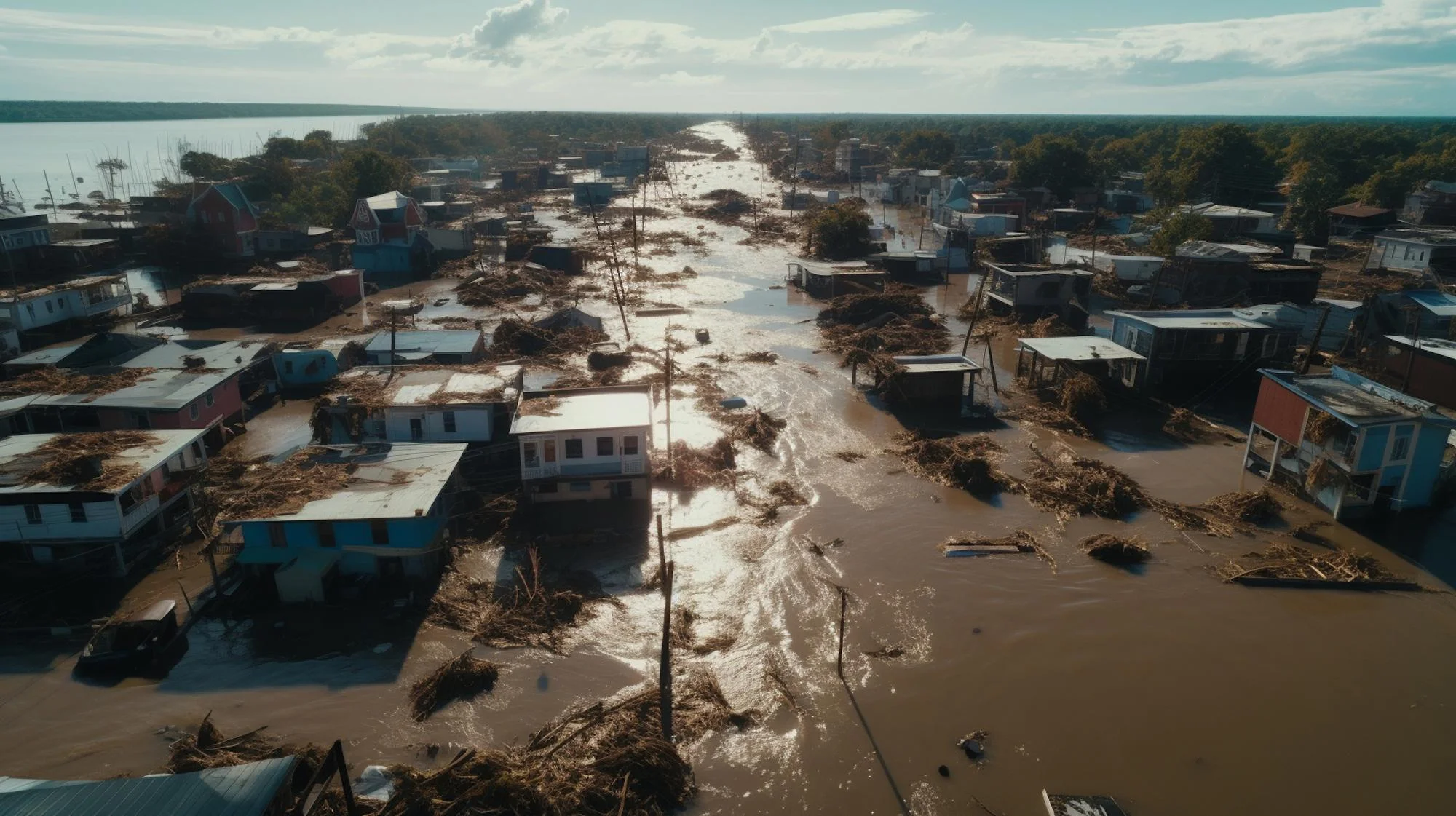Abstract
Flood risks present a profound challenge to developing nations, disproportionally impacting livelihoods and local economies. Recent empirical research, outlined in a study by Balgah, Bang, and Fondo (2019), shifts focus from single-case analyses to a broader examination of coping strategies across multiple flood events. Utilizing case studies from Cameroon, this article presents a detailed look at the determinants influencing household decisions in flood response and the implications for research and policy implementation in developing countries.
Introduction
In recent years, the urgency to understand and develop resilient flood coping strategies has become paramount for communities in developing countries. Flooding has been a consistent threat to life, property, and natural resources, especially in areas with limited infrastructural and economic capacity to manage such disasters (World Disaster Report, 2015). The study conducted by Balgah, Bang, and Fondo (2019), published in the Journal of Disaster Risk Studies, addresses the gap in the literature by examining household determinants of flood coping strategies across multiple floods in different regions of Cameroon, rather than focusing on singular events.
Methodology
Adopting a qualitative and descriptive statistical analysis, the researchers embarked on empirical research in two flood-prone regions in Cameroon, exploring the various human, social, and economic factors that influence household coping measures. This methodology enabled the authors to cross-compare responses and coping strategies in more than one flood situation, offering a broader perspective on the adaptive capacities of affected populations.
Findings
The findings of the study are impactful and somewhat surprising. The influence of social and human capital on household decisions regarding coping strategies is substantial. Around 80% of the flood victims in the studied sites resorted to post-flood informal coping strategies. Contrary to the widely held belief in disaster risk literature, economic and financial factors had a comparatively minor role in influencing coping decisions.
Moreover, the study revealed significant inconsistencies with human capital variables, underscoring that despite occurrences within the same agro-ecological zone, determinants for coping could vary considerably. These findings suggest that local context and community attributes play crucial roles in how populations navigate the aftermath of flood events.
Keywords
1. Flood coping strategies Cameroon
2. Determinants of flood response
3. Multi-case analysis flooding
4. Informal coping strategies floods
5. Disaster risk management developing countries
Implications for Policy and Research
The implications of Balgah et al.’s (2019) study extend to both policy-making and future research. For policy implementers, understanding that social capital—comprising community networks and familial support—plays a significant role in post-flood recovery could lead to the development of community-based disaster risk management programs. Recognizing the potential of local resources and knowledge in coping mechanisms paves the way for more ground-up approaches in disaster response policies.
The findings also suggest that investing in human capital—through education and training—may lead to more diverse and effective coping strategies. As different regions exhibit various responses to similar flood risks, tailor-made, and localized approaches could be more successful than blanket strategies.
In research, the deviation from single-case studies to a more holistic, multi-case analysis approach reveals a diverse spectrum of coping mechanisms. Future research must consider the complex interplay between the various forms of capital—human, social, and economic—and their influence on household decision-making in the face of natural disasters.
References
1. Balgah, R. A., Bang, H. N., & Fondo, S. A. (2019). Drivers for coping with flood hazards: Beyond the analysis of single cases. Jàmbá: Journal of Disaster Risk Studies, 11(1). doi:10.4102/jamba.v11i1.678
2. Abid, M., Schneider, U., & Scheffran, J. (2015). Adaptation to climate change and its impacts on food productivity and crop income: Perspectives of farmers in Rural Pakistan. Journal of Rural Studies, 47, 254–266. doi:10.1016/j.jrurstud.2016.08.005
3. Ambagna, J., Kane, G., & Oyekale, S. (2012). Subsistence farming and food security in Cameroon: A macroeconomic approach. Life Science Journal, 9(4), 3949–3954.
4. Armah, F. A., Yawson, D. O., Yengoh, G. T., Odoi, J. O., & Afrifa, E. K. (2010). Impact of floods on livelihoods and vulnerability of natural resource dependent communities in Northern Ghana. Water, 2(2), 120–139. doi:10.3390/w2020120
5. Aon B. (2017). 2016 annual global climate and catastrophe report. Retrieved February 12, 2018, from http://thoughtleadership.aonbenfield.com/Documents/20170117-ab-if-annual-climate-catastrophe-report.pdf.
Discussion and Future Recommendations
The adaptation to flood hazards and the development of effective coping strategies are critical for the sustainability of communities in flood-prone regions. The research by Balgah et al. (2019) indicates that a one-size-fits-all approach is insufficient and highlights the necessity of integrating local and social factors into disaster risk management and response plans.
Future recommendations include:
1. Enhancing community-based programs that build on existing social capital and networks.
2. Providing targeted education and training to develop human capital in vulnerable regions.
3. Carrying out localized studies that consider the unique characteristics of each community.
4. Developing early warning systems and infrastructure improvements based on the specific needs and capacities of the localities.
5. Engaging in continuous dialogue with affected communities to ensure the relevance and effectiveness of implemented policies.
The ongoing examination of coping strategies in the face of flood hazards is paramount for the resilience of global communities, particularly as the incidence and intensity of such events are anticipated to rise due to climate change. Studies like that of Balgah et al. (2019) serve as pivotal contributions to broadening our understanding of coping capacities and providing actionable insights for practitioners and policymakers in the realm of disaster risk management.
Conclusion
In summary, Balgah, Bang, and Fondo’s (2019) study offers crucial insights into the determinants of coping with flooding in developing countries. With empirical evidence from Cameroon, the research underscores the profound impact of social and human capital on flood victims’ coping decisions and reveals the limited influence of economic factors. These findings challenge conventional wisdom in the literature and provide valuable guidance for both policymakers and researchers aiming to build resilient communities against the growing threat of flood hazards.
This article has utilized grant-supported research referenced in the study from the College of Technology at the University of Bamenda, Cameroon, and the Disaster Management Centre at Bournemouth University, United Kingdom.
